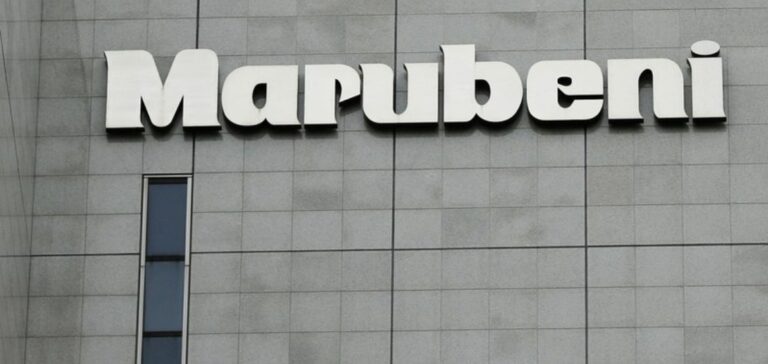In Portugal, the injection of green hydrogen into the gas network has been announced by Marubeni. This initiative is the result of its investment in Floene Energias, SA, a gas distribution network operator in Portugal with over 70% of the country’s market share. Marubeni holds a 22.5% stake in Floene through a joint venture with Toho Gas.
Green hydrogen injection into the gas network, an ambitious demonstration project
In this demonstration project, Floene transports green hydrogen through its newly constructed hydrogen pipeline, injects it into its existing natural gas system and distributes it to customers at approximately 80 residential, commercial and industrial sites. The green hydrogen used is produced by a local company through an electrolysis process to separate water using solar energy. Floene plans to increase its injection rate to 20% over a two-year demonstration period.
Marubeni has positioned the “Green Strategy” as one of its core policies for its GC2024 medium-term management strategy. The group aspires to be a forerunner in green businesses and is also promoting a green hydrogen demonstration project in Chile.
A common project with the objectives of the Portuguese government
The Portuguese government is targeting a 10-15% injection rate by 2030 in its national hydrogen strategy. This Marubeni initiative will contribute to achieving this goal by supporting decarbonization and energy transition through the promotion of renewable gases such as hydrogen and biomethane in Portugal.
In conclusion, this demonstration project of injecting green hydrogen into Portugal’s natural gas distribution network is an example of Marubeni’s commitment to contribute to the global energy transition. This initiative will contribute to the decarbonization and promotion of renewable gases, as well as to achieving the objectives set by the Portuguese government for hydrogen.






















